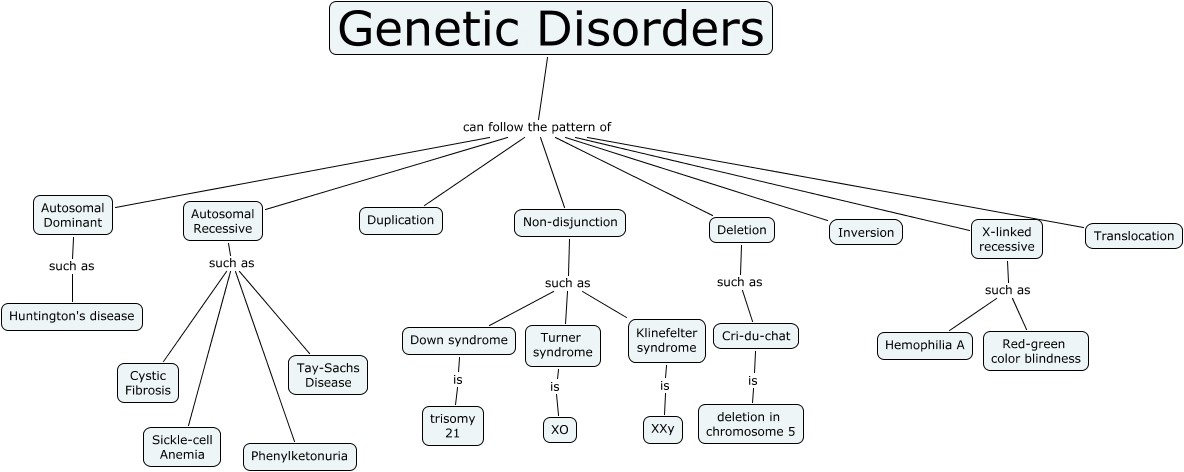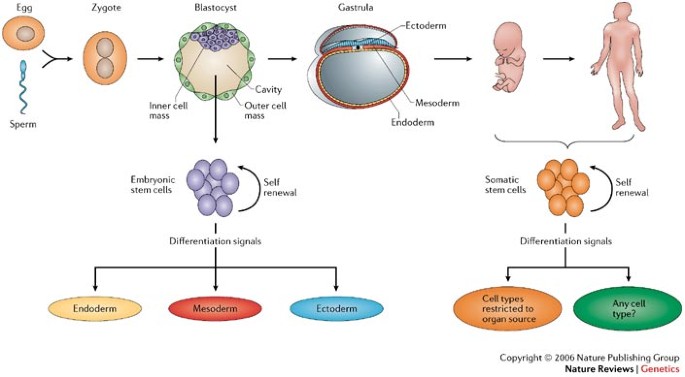
There are several Genetic Diseases types. These conditions tend to run in families, and each parent passes on half of their genes. There are two types of alleles, a dominant allele and a recessive allele, and each one is inherited by a different child. In the case of a recessive allele, only one copy is passed down to the child. A person who carries a recessive allele is not likely to get the disease.
Autosomal recessive diseases are inherited by either parent and require two copies of a mutated gene. These are the most common types of genetic diseases, and are most often found in males. These diseases are caused by defects in the X chromosome, and are more common in males than in females. This type of genetic disease is most likely to affect the male sex. Moreover, the affected sex is the only one who can be at risk.
Other genetic disorders are inherited, but can be acquired too. Some genetic diseases are caused by mutations of multiple genes. Often, these mutations are caused by lifestyle and environmental factors. For example, if one parent has sickle cell disease, the child is more likely to get it. A X-linked gene change is responsible for the development of the condition known as fragile x syndrome. Many other forms of inherited disease have similar symptoms.
Affected individuals can have multiple types of genetic disease. Single-gene disorders are characterized by the presence of a defective gene, and chromosomal disorders occur when a defective gene is present in both parents. Some genetic diseases are inherited from one parent but can be acquired later in life. Moreover, radiation and certain types of cancer-causing chemicals can also cause acquired changes to a person’s DNA. A blood test is an important way to determine whether a patient has a particular genetic disorder.
Autosomal diseases are caused by mutations in a single gene. These are caused by changes in the X chromosome. Aicardi syndrome is an autosomal disease, while Rett syndrome occurs when one of the parents has a single mutated gene. Unlike hereditary diseases, she may have no symptoms at all, but her mother can pass the disease on to her child. These illnesses are usually fatal in males, so it is important to seek treatment right away.
There are many types of genetic diseases. Several of these diseases are rare, affecting only a small number of people. However, they affect large numbers of people and have become one of the most common types of cancer. Approximately 7000 people worldwide have at least one genetic disease. It is also estimated that about 30% of babies born today have a rare genetic disease. These disorders are usually passed down through families, and they can be inherited.

X-linked disorders are characterized by a single mutated gene on the X chromosome. Unlike hereditary diseases, autosomal disorders are hereditary. They can be passed down through both parents or by grandparents. In some cases, genetic mutations are hereditary. The X-chromosome has more than one copy of the mutated gene. A defective X-chromosome causes an autosomal disease.
There are many different types of genetic diseases. A dominant disease is characterized by damage to only one copy of the gene. On the other hand, recessive diseases are caused by a single altered copy of a gene. Recessive diseases, on the other hand, are inherited by both parents. They are usually fatal. Site kopertis10.or.id
says that a person with an autosomal disease will not be able to produce sperm.
In autosomal recessive diseases, the mutant gene is present on both the X and Y chromosomes. When the X chromosomes are damaged, the disease can be passed on to offspring. These diseases are often hereditary, which means that they are passed down from generation to generation. The X chromosome is a common site for genetic changes. Heredity is the most common type of disease.
Heredity is the cause of most genetic diseases. Inheritance occurs through one parent whereas hereditary is inherited from both parents. The dominant form of the disease may be hereditary. It is passed on to children. Some of the most common types of diseases are autosomal. Inheritance can be either hereditary or X-linked. It is important to remember that the most important thing to treat with medication is the underlying genetic disease.